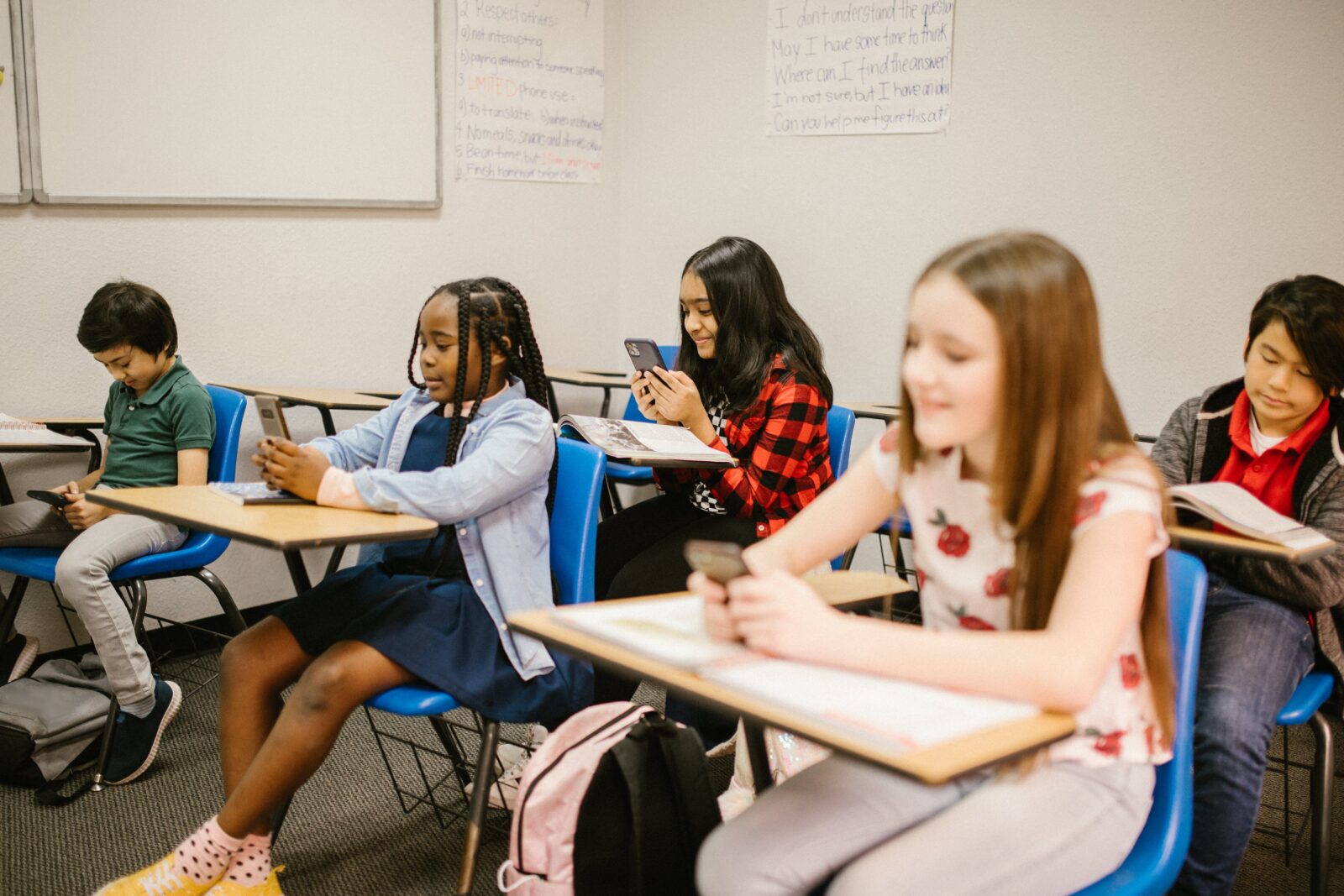Before the longest-serving New Jersey state legislator leaves office next week, Sen. Richard J. Codey aims to add student cell phone legislation to his long list of accomplishments.
The one-time governor has a lengthy history with the Garden State, having served in the New Jersey Legislature since 1974, making him the longest-serving state legislator in the state’s history. He served as NJ Governor from 2004 to 2006 following the resignation of Jim McGreevey.
Codey Takes the Spotlight
No stranger to the spotlight, Codey is making following his plans to introduce a bill that will attempt to limit a student’s use of their cell phone in school. This action comes on the final leg of his political career, as he announced in August that it would be his last year serving. Codey has decided to go out swinging, hoping to leave a positive impact on the mental health of adolescents by reducing the amount of time they can spend on social media throughout the day.
In July 2023, Codey sponsored a bill to create a commission studying the impacts of social media on children in the state. The senator had long been an advocate for mental health and believed that the impact that social media was having on adolescents was dangerous. The commission, composed of 19 members, will have one year to examine the issue and relay their findings. Codey’s goal with the commission is not to fully eliminate a student’s use of their cell phone in school, but to instead make sure it occurs outside of the classroom.
“Let kids have their phones between periods and at lunch. But when they enter a classroom or lab, the phones are turned off and stored in a secure location,” Codey wrote in a recent Facebook post. “The storage area doesn’t have to be hidden, locked or restricted in any way. So, if there’s an emergency, the phones are accessible to everyone.”
While the commission’s main duty is to study the effects social media can have on a child’s mental health, there are other aspects that will be examined. Some of the other issues that will be studied include:
- The extent of smartphone usage in schools currently
- The effects that smartphone use has on a student’s academic performance
- The effects that usage can have on both physical and emotional health
This combative measure is not strictly being enforced in New Jersey, but throughout schools across the country. The Philadelphia Board of Education agreed to spend up to $5 million on phone pouches that will be locked during the school day to prevent students from using them. The Enlarged City School District of Middletown, New York took a more lax approach, informing parents that their children must have their cell phones turned off and put away during school hours.
The growing number of school districts that are adopting this new rule, provides optimism that Codey’s ideas of reducing the usage of cell phones in classrooms may soon become a reality for many NJ students.












